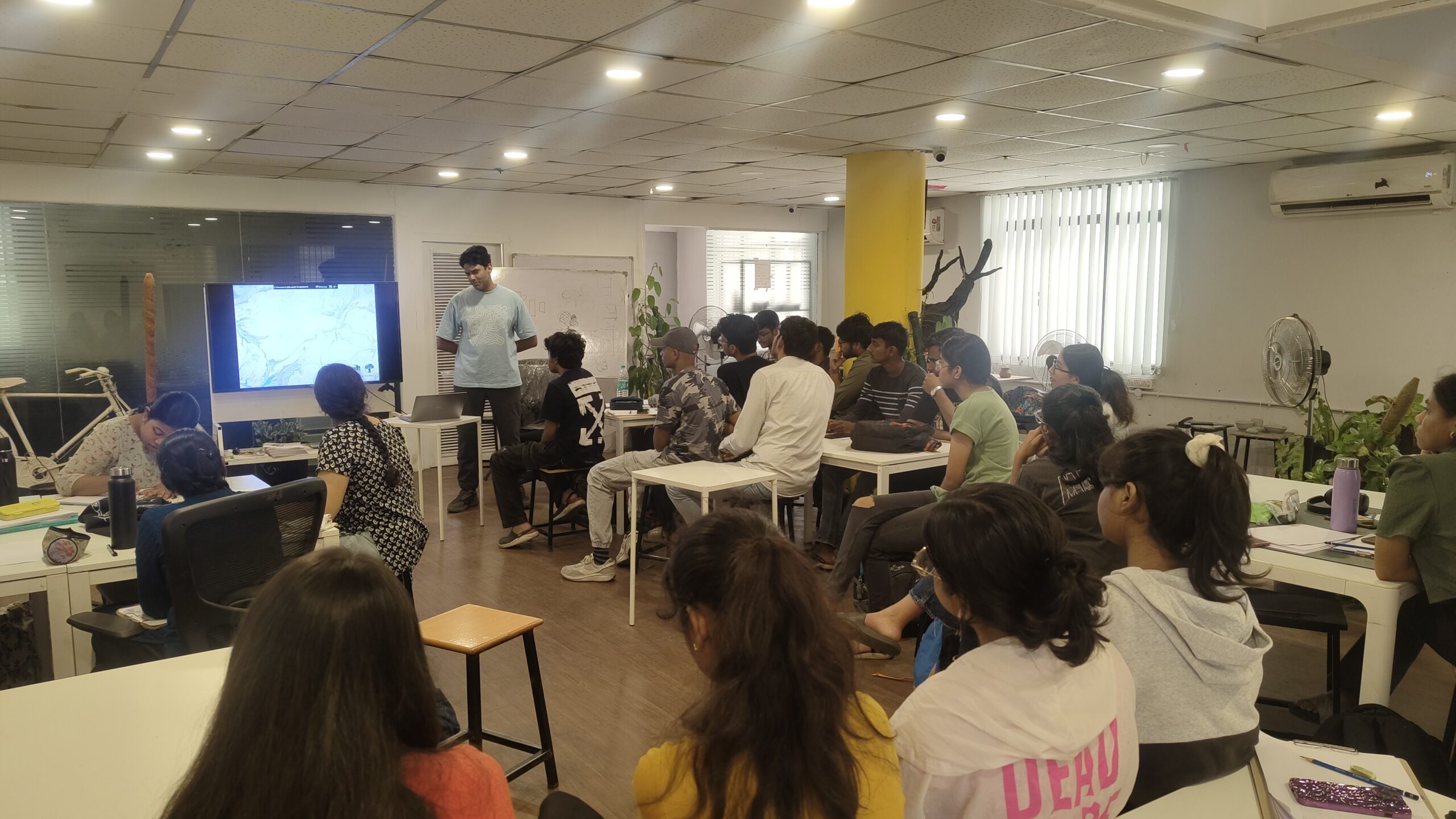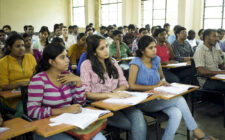At the outset, I extend my best wishes to all aspiring architects preparing for the upcoming entrance examinations!
As architecture entrance exams draw near, it’s essential to stay updated with the latest changes in exam patterns, topics, and preparation strategies. Enrolling in a structured coaching program like NATA Coaching 2025 and JEE2 Coaching can significantly boost your chances of success by providing expert guidance, systematic preparation, and ample practice opportunities.
Understanding the Objective
The NATA and JEE2 exams have undergone several modifications this year, from changes in the question paper pattern to adjustments in the number of attempts allowed. Many candidates find it challenging to differentiate between these two exams and understand their relevance in securing admission to top architecture colleges.
This article aims to address common queries, including:
- Key differences between NATA and JEE2
- Effective study plans and essential topics
- Mock test importance and application procedures
- Counseling process and admission deadlines
- Architecture college rankings and admission criteria
Overview of Architecture Colleges in India
India has approximately 700 architecture colleges, categorized into government, private, and public-private institutions. Two primary entrance exams for architecture admissions are JEE2 and NATA, which facilitate entry into prestigious institutions such as:
- JNAFAU (Jawaharlal Nehru Architecture and Fine Arts University)
- SPA (School of Planning & Architecture)
- NITs (National Institutes of Technology)
- CEPT University (Center for Environmental Planning and Technology)
- IIEST (Indian Institute of Engineering Science & Technology)
- IITs (Indian Institutes of Technology)
Both exams play a significant role in architecture admissions, but they vary in structure, syllabus, exam frequency, and participating institutions. Here’s a quick comparison:
JEE2 vs. NATA: Key Differences
| Description | JEE2 | NATA |
| Conducting Authority | National Testing Agency (NTA) | Council of Architecture (CoA) |
| Number of Attempts | 2 per year | 3 per year |
| Exam Dates | January & April | April to July (any 3 attempts) |
| Degree Offered | B.Arch | B.Arch |
| Total Marks | 400 | 200 |
| Negative Marking | Yes | No |
| Total Questions | 82 | 47 |
| Mode of Exam | Online (Theory), Offline (Drawing) | Online (Theory), Offline (Drawing) |
| Exam Language | 13 languages including English, Hindi, Tamil, etc. | English & Hindi |
| Best Score Considered | Best of 2 attempts | Best of 3 attempts |
| Counseling Process | JOSAA | State-level through designated universities |
| Top Colleges Accepting Scores | IITs, NITs, Govt Architecture Colleges | CEPT, SPA, Autonomous Institutions |
| Activity Round | No | Yes (3D composition) |
Exam Structure & Key Topics
JEE2 Syllabus Breakdown
Theory (Online)
- Sequences & Series
- Trigonometry
- Calculus
- Analytic Geometry
- Determinants
- Permutations & Combinations
- Quadratic Equations
- Probability
- Vector Algebra
- Mathematical Induction
- Differential Equations
- Limit, Continuity & Differentiability
- 2D/3D Visualization
- Graphs, Charts & Maps
Drawing Test (Offline)
- Sketching of urban sceneries and activities from memory
NATA Syllabus Breakdown
- Composition & Color
- Sketching & Composition (Black & White)
- 3D Compositions
- Visual Reasoning
- Logical Derivation
- General Knowledge on Architecture & Design
- Language Interpretation
- Design Sensitivity
- Design Thinking
- Numerical Ability
Counseling Process for JEE2 & NATA
JEE2 Counseling (Through JOSAA)
- Online Registration – Candidates must register on jeemain.nta.nic.in
- Document Verification – Upload all required documents
- Choice Filling – Select preferred institutions
- Seat Allotment – Based on rank, availability, and preferences
- Online/Offline Counseling – Attend counseling as required
NATA Counseling (State-Level Admissions)
Unlike JEE2, NATA counseling is managed at the state level. Candidates need to apply to their preferred institutions separately. Counseling details for some states:
| State | Registration Portal |
| Tamil Nadu | TNEA |
| Telangana | TGCHE |
| Karnataka | COMEDK |
| Andhra Pradesh | APSCHE |
| Kerala | KEAM |
| Maharashtra | MHT CET B.Arch |
| Delhi | JAC |
Recent Trends and Important Insights
- Newly Introduced Topics: NATA now includes Design Thinking & Design Sensitivity, aligning its structure closer to UCEED (IIT’s design exam).
- Exam Preference Shifts: Many state-level institutions now prefer NATA scores over JEE2, leading to a rise in NATA exam credibility.
- JEE2’s Significance: Still crucial for IITs, NITs, and top government architecture colleges.
How to Ace NATA & JEE2?
- Understand the Exam Pattern: Focus on the key topics, practice mock tests, and improve time management.
- Develop a Study Plan: Dedicate time for both theory and sketching practice.
- Join a Reputed Coaching Program: Structured coaching ensures better guidance, expert mentorship, and ample practice.
- Stay Updated: Follow official notifications on exam websites to stay informed about deadlines and syllabus changes.
- Practice 3D Composition & Aptitude: Since NATA includes a unique activity round, improving spatial awareness and design thinking can be an advantage.
- Join a NATA Coaching Center: Join a NATA Coaching class near you based on the location you are put up with.
Both JEE2 and NATA play an essential role in shaping the careers of aspiring architects. While JEE2 focuses more on mathematical aptitude, NATA evaluates creativity and design proficiency. Students should aim for high scores in both exams to maximize their chances of securing a seat in top architecture institutions.
For structured guidance and expert coaching, consider enrolling in our NATA Coaching in Hyderabad, NATA Coaching centre in Chennai, Kochi, and Coimbatore.
Need Expert Guidance?
For career counseling and assistance, feel free to reach out at +91 9959750006.
Best wishes for your journey toward becoming an architect! For inquiries or to enroll in our design coaching programs, contact us at
Phone number: +91 995 975 0006, +91 8886768868
Email us [email protected]




